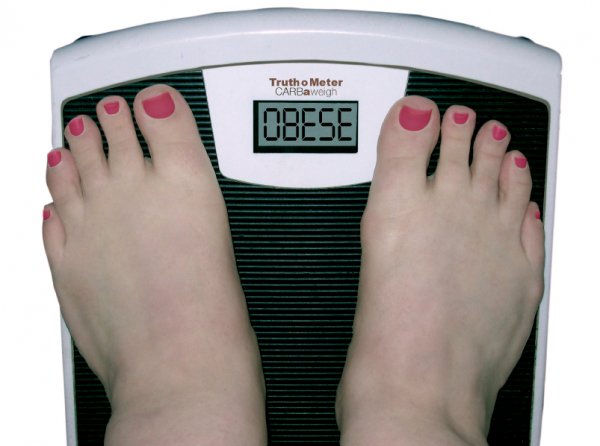
I took part in a panel discussion Friday on Channel 9 Mornings where one of the topics that provoked a strong reaction was the decision by Canberra Hospital to include reinforced ceilings strong enough to support the super obese in their special harnesses to help them get around in the four fully equipped bariatric rooms.
Chief Minister Katy Gallagher told news.com.au: “Three of them are for people up to 250 kilos with lifting devices for people of that size. The other room is the ‘super bariatric’ room. It’s for patients who weigh up to 500 kilos.”
Some might say Canberra Hospital is to be commended for planning ahead: 250 kilos is huge, 500 kilos is world record size.
Is this really what the future holds if we don’t change our ways?
Increasing numbers of the grossly, morbidly obese?
According to several sources, the fattest woman in the woman in the world as at April of this year is Charity Pierce from Cedar Rapids, Iowa.
She weighs 347 kg.
There have been heavier human beings, but they’ve either lost weight or are no longer with us.
A quick Google search will show you just how enormous Charity is.
You can also find other women who hope to surpass Charity and become the fattest in the world.
One force feeds herself 5000 calories a day through a funnel.
Presumably not everyone who ends being enormous set out to be that way, but reaching these great weights would seem to be as a result of a fairly deliberate process over many years.
The Chief Minister is quoted as saying “It’s hard to get your mind across the impact that being that size would have on your lifestyle. You wouldn’t be able to walk or move easily, so imagine how humiliating it would be in a non purpose-built room. At least this gives some dignity to people.”
With the best will in the world, I would suggest Ms Gallagher is about half right.
It’s certainly true so say “You wouldn’t be able to walk or move easily”.
But as to dignity, consider this comment from 33 year old Susanne Eman, now married to the chef who is helping her achieve her dream of becoming the fattest woman in the world: “When we go to the store he shops for me. He helps me in and out of the car. He encourages me to do my exercises. My aim is to never become bed-bound. As long as Parker keeps taking me out to the park for waddles (my italics), then I know I can keep moving.”
Someone whose goal in life is to be the fattest woman in the world and talks about going to the park “for waddles” does not have dignity as her main aim.
In fact anyone who eats to the size we are talking about is probably not primarily concerned with maintaining “dignity”.
We’re putting these reinforced roofs in at considerable expense to the taxpayer to make us feel like we’re doing the right thing – and we are – in the short term.
Used to be cigarette smoking was cool and glamorous.
But now government (especially in this country) goes to great lengths to persuade us all that it’s a filthy and increasingly expensive habit.
The message of how horribly our health can be affected is pushed relentlessly in all media, including on the side of the packs with those gruesome depictions of how certain body parts will end up if you don’t quit.
If you used to smoke and now have emphysema I’m not saying you shouldn’t receive appropriate medical care – you should.
And anything we can reasonably do to help our medical professionals to that end, we should provide.
But let’s not pretend you didn’t know the habit was doing you harm over time, anymore than an individual suddenly wakes up one morning to discover they now weigh 250 kilograms.
Some years ago I walked past a large woman scoffing chips by the handful at a food court just in time to hear her say “You know I can’t seem to lose weight – it’s my glands.”
Well maybe.
I’m not a doctor and even if I was I certainly didn’t know enough about the lady to tell you here and now that it wasn’t her glands.
But Billy Connolly’s comment “Water retention? More like chip retention” did come to mind.
I suspect strengthening ceilings at Canberra Hospital is one of those quiet but significant landmarks which will hasten a societal shift.
So expect that pretty soon overeating will increasingly get the same kind of treatment smoking now does: special taxes imposed in the name of curbing obesity; more restrictions on advertising particular foods; dire health warnings paid for with the taxpayer dollar.
Will any of it make a difference?
Readers are invited to comment and/or suggest solutions.





















